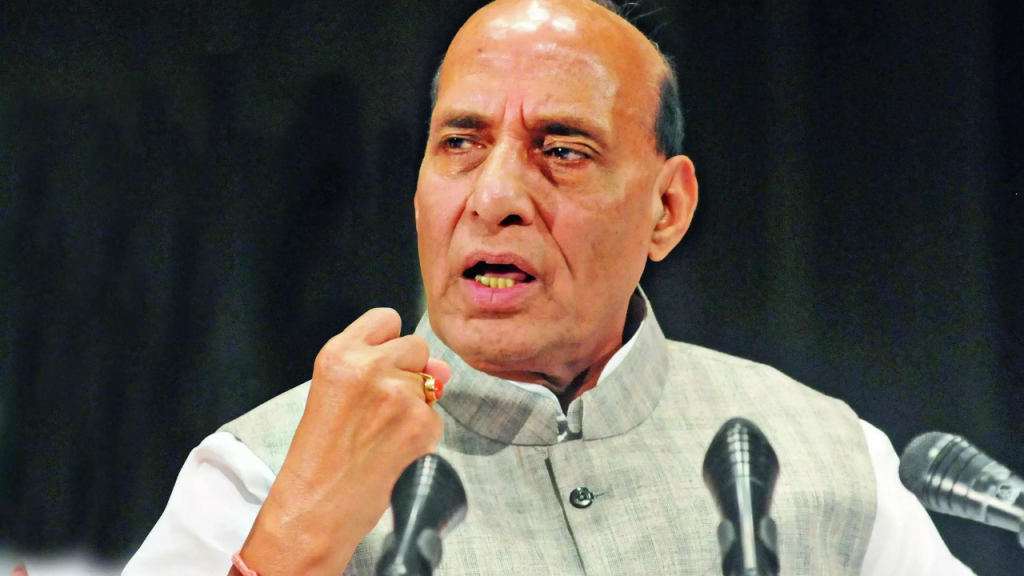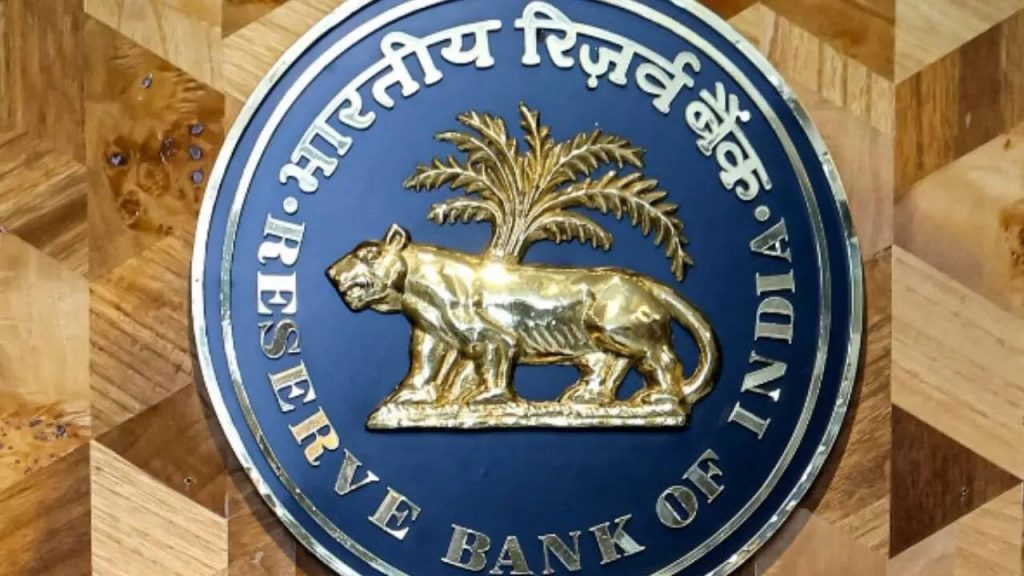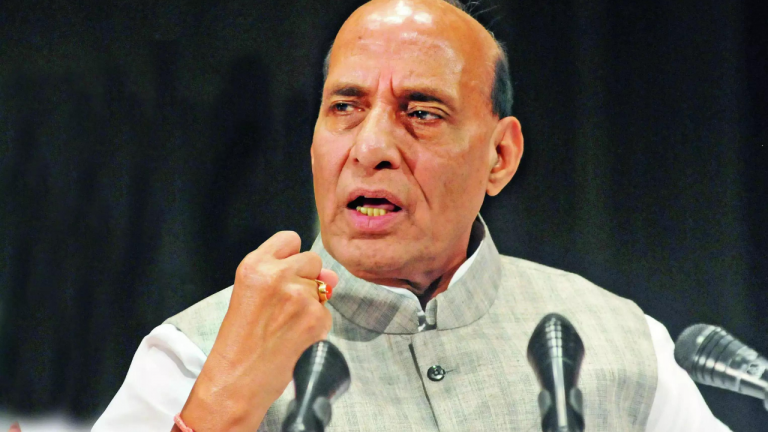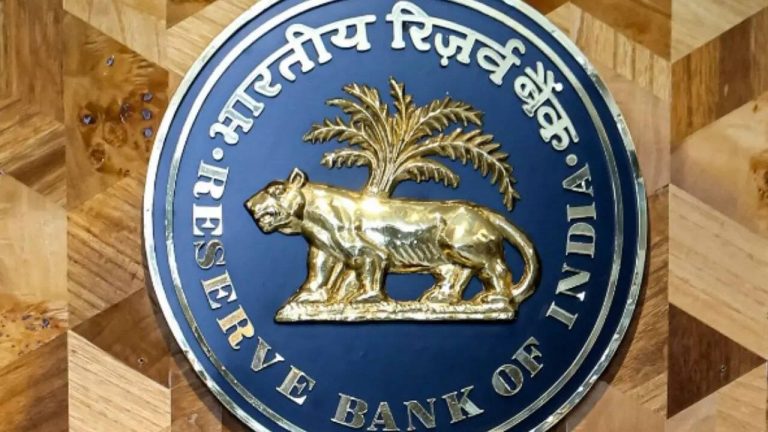In a recent development, the Supreme Court of India has reprimanded Tamil Nadu governor RN Ravi for his refusal to grant assent to Bills approved by the state assembly. The court denounced the governor’s actions as unlawful and against the Constitution, particularly highlighting his decision to reserve 10 Bills for the President’s consideration after they had already been reexamined. The court unequivocally ruled in favor of the state assembly, declaring the Bills as validly passed. This verdict sets a significant precedent regarding the powers and responsibilities of governors in India. The clash between the governor and the state assembly had sparked a legal battle that culminated in this landmark judgment. This decision by the Supreme Court reaffirms the principle of parliamentary sovereignty and upholds the democratic process. It sends a clear message that the constitutional authority of state legislatures must be respected and upheld. The ruling is expected to have far-reaching implications for the relationship between governors and state governments across the country. This case underscores the importance of upholding the rule of law and ensuring that all constitutional bodies operate within their prescribed limits. It also highlights the significance of judicial oversight in safeguarding the integrity of the legislative process. The Supreme Court’s intervention in this matter serves as a reminder of the crucial role of the judiciary in upholding the Constitution and ensuring a balance of powers among different branches of government.
Posted in
JUST IN



















